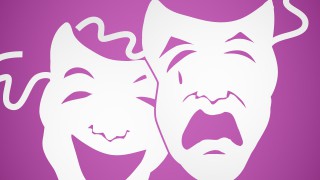Since the entertainment industry is open to all typecasts in the acting field, our acting program can be taken by all ages, looks and sizes and has become our most popular program offered at Tower Talent Inc. Our acting program however is not just for those wanting to pursue the field as a serious hobby or career; Tower Talent acting courses will further all clients in the area of presentation, creativity and public speaking. Read to learn more about the acting courses offered at Tower Talent Inc.
Enroll NowClass Schedule
